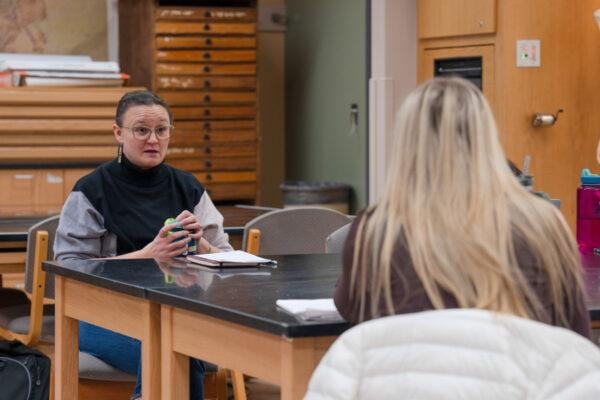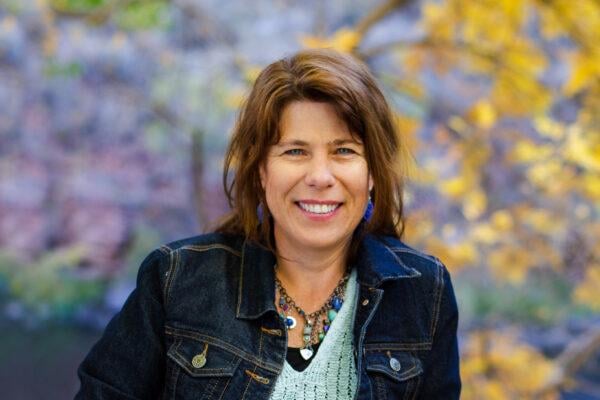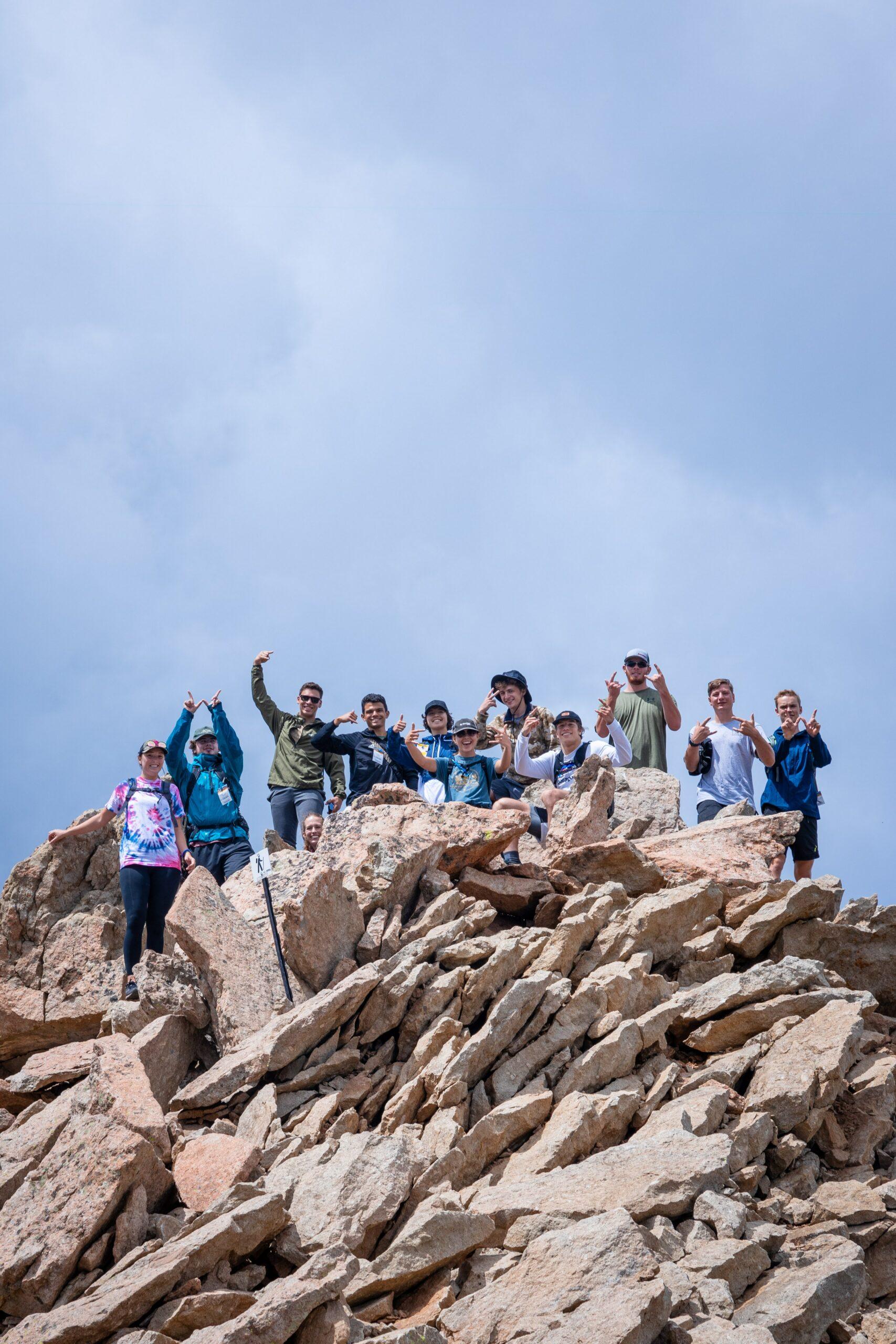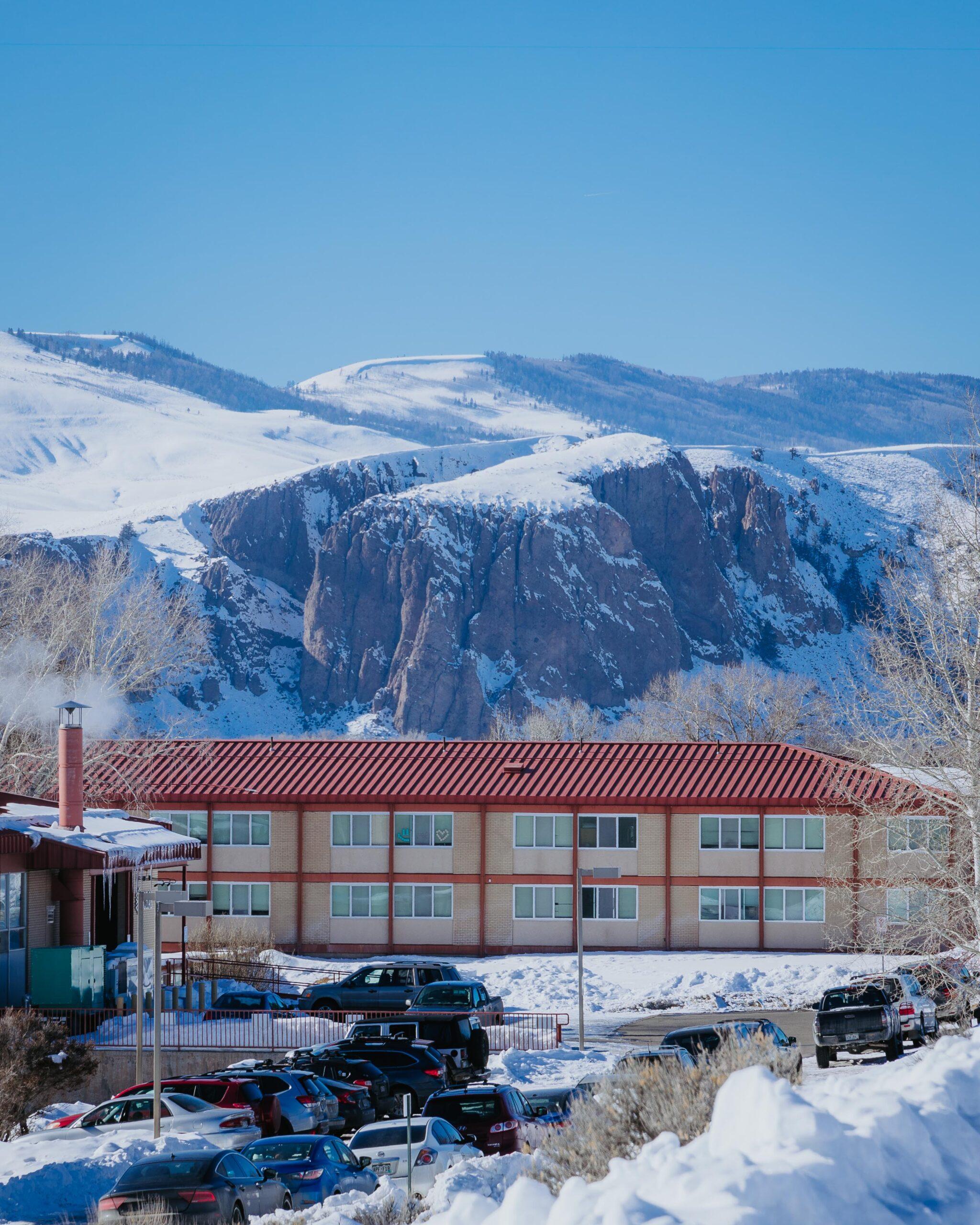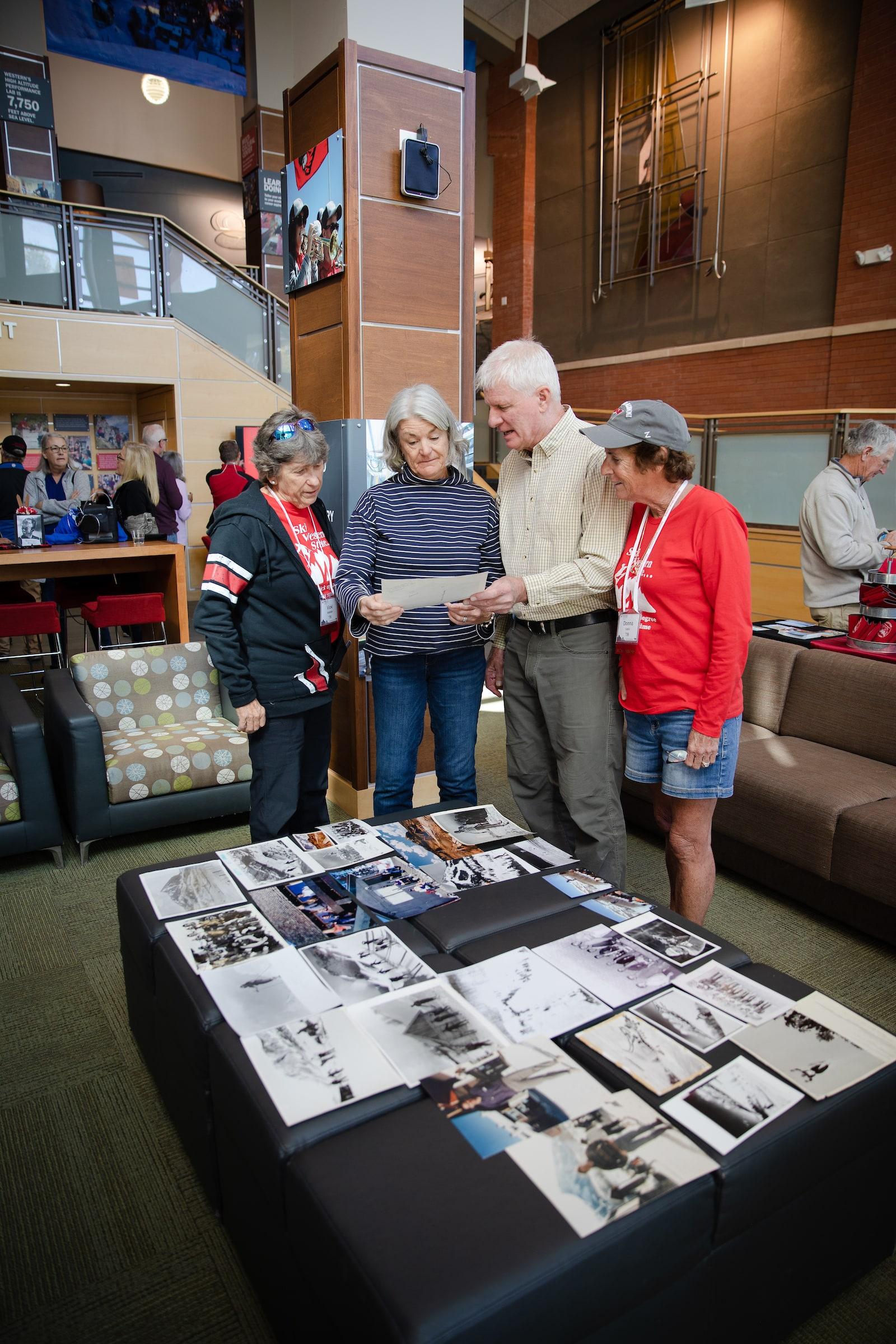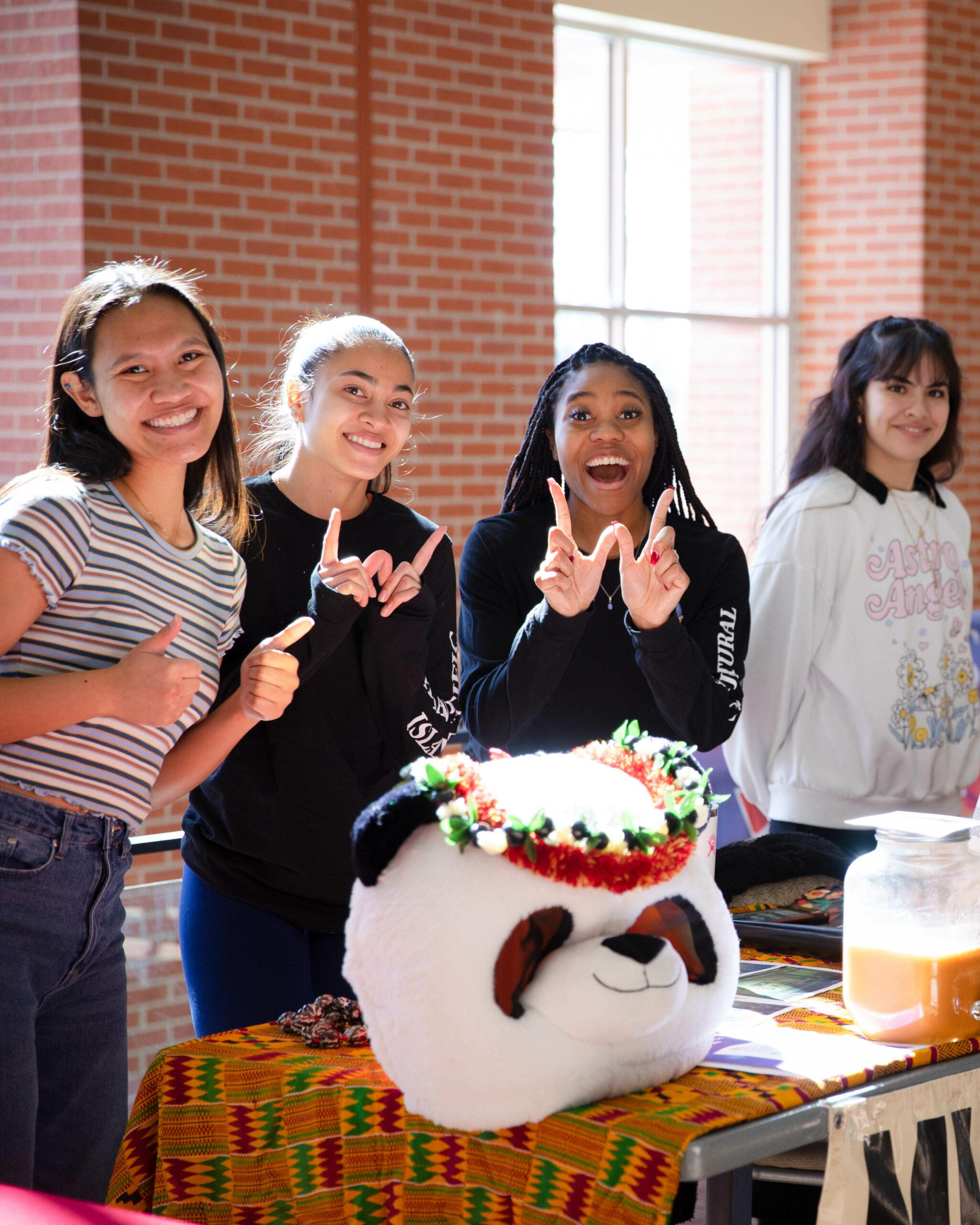Jack Lucido, Western professor and chair of the Communication Arts, Languages & Literature (CALL) Department, understands the importance of working in a team. This spirit of collaboration was evident in his recent creative endeavor “This Is Not News,” a film project he created with Western English lecturer Douglas Jones and former Western music professor Greg Haynes, DMA.
The film, which focuses on American political issues including gun violence and climate change, was based on a poem by Jones. Haynes provided the soundtrack, which utilized river sounds and percussive TV clicks. Lucido handled the visual components.
He presented the piece at this year’s Broadcast Education Association’s On Location regional conference, held on the University of Colorado Boulder’s campus Oct. 10-12. The BEA is a professional association for professors, industry professionals and graduate students who are interested in teaching and research related to electronic media and multimedia enterprises. Lucido has been a member since 2005.
Lucido cited the importance of embracing technology to communicate with his colleagues in order to generate meaningful art and notes that it is a poignant example of the integration of both. Jones leads courses remotely from California and Haynes now teaches at Western Connecticut State University.
“This is the perfect storm…to highlight creativity and technology coming together,” Lucido said. “This project takes creativity on my part, on Douglas’s part, on Greg’s part. But we could not have done any of that without technology. Zero. We couldn’t be communicating across states without technology—we’ve Zoomed and emailed and we have a Google Drive where everything goes in and goes out. This project wouldn’t exist without that ability.”
In his field of filmmaking, technology’s fingerprint is strikingly clear to Lucido.
“I can’t possibly make a film without computer science or engineering. There’s no way in this day and age. The days of photo chemical filmmaking are behind us,” he said.
Lucido views the project as an important part in the wider prospective of Western, especially as the university shifts an eye toward a future integrating more STEM courses into the curriculum.
“At Western our…state-legislated mission says we’re a school of liberal arts, sciences and professional programs. This project clearly transcends all of those. You could be a professional sound person, a technician. It is creativity squared.”
For Lucido, who traditionally produces short-form documentaries, the chance to dabble in experimental film was enticing and something that he believes will translate to the lessons he shares with students.
“When and where I remain active professionally, that serves my students. They know that I’m actually doing things. They know that when I point things out, technically speaking or narratively speaking, that I’m not just sharing what I read in a book. I’m actually talking from experience because I’m still an active filmmaker,” he said.
Lucido’s attendance at the BEA Super Regional Conference was fully funded by the university, an opportunity he’s grateful for.
“I really appreciate that there is support for the work that I’m doing from my boss, Bill Niemi, and the campus community. It’s good to know that creativity and academic exploration are both being encouraged.”
Lucido hopes that his attendance at the conference on Boulder’s campus generates two primary outcomes. First and foremost he would like to bring more exposure to Western and the innovative work being done across campus. He also hopes that additional working, academic relationships between the two institutions will emerge along with Western’s recent partnership with the University of Colorado Boulder’s School of Engineering & Applied Science.


